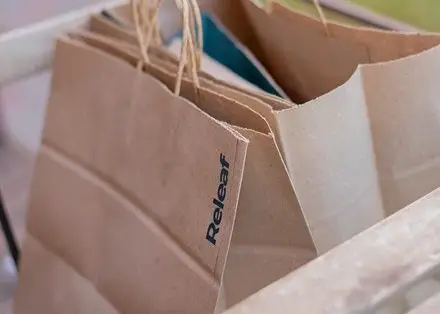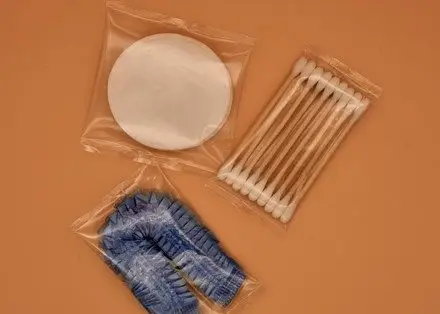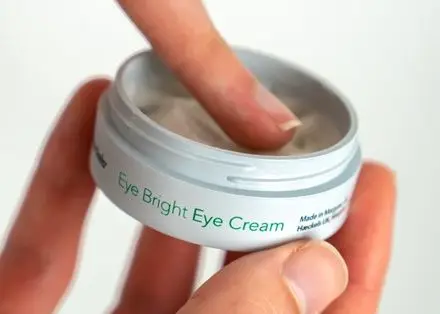Beautiful Thinking.







Given that the production and processing of materials for consumer packaging makes up a majority of beauty industry’s carbon footprint, there has been significant focus on new material innovation across the sector in recent years. With novel biomaterials edging ever closer to commercial viability, they are soon to be available at even larger scales and are becoming more competitively priced. Biomaterials are usually derived from organic material such as corn, sugarcane, seaweed, or cellulose and can look and function similar to typical plastics made from crude oil. Microorganisms like fungi and bacteria can then break these down into by-products which are less harmful to the environment such as water and small quantities of CO2 or methane.
However, it’s never been more difficult to make the right choice with green washing rife across the beauty industry it’s important to ensure sustainability claims are truthful.
Flexsea is a British start-up which uses ocean-farmed seaweed to create a thin, flexible film with heat-sealing capacity similar to plastic cling-film. It is compostable at home and its high nitrogen content is asserted to actually fertilise the soil its placed in, promoting healthy growth. It is especially useful as it needs no specific recycling facility, and in countries where the recycling infrastructure leaves a lot to be desired (particularly in the west) this can make a massive difference to the functionality of recyclable products.
Loliware is a US company whose SEA Technology is derived from seaweed. This technology produces plastic-like pellets which can be used to replace resins typically made from crude oil based plastic. Their pellets are suitable for large-scale production and already compatible with typical plastic-managing equipment and facilities. These can be deposited in a traditional back garden compost heap to naturally break down into compost.
Vivomer is a biopolymer made from marine micro-organisms and has already been used in the British brand, Haeckel’s skincare line. Its blue tone stands out from the typically green-hued sustainability products. It is totally vegan and petroleum-free and once disposed of breaks down in soil and marine environments leaving behind zero microplastics. It’s also specially designed to be used in the skincare industry and is food contact certified, shelf stable and works with both oil and water based products.
The Magic Mushroom Company is a British brand which makes compostable packaging for a range of purposes. This innovative design uses the power of mushrooms to grow packaging in as little as 6 days which, when left in dry conditions, can last up to 30 years. The Magic Mushroom Company has already been tested at scale with new products including a tray insert for fragrance company, Ffern and a shoe box for Adidas.
Releaf, a start-up based in Ukraine, is a pioneering company producing paper from fallen leaves. Sourced from urban locations, the leaves are typically discarded through burning or natural decomposition, but Releaf has created an innovative solution which allows them to be used in papermaking. Since 2021, the company has successfully crafted paper bags for renowned multinational corporations such as Samsung and Weleda. Notably, this innovative manufacturing approach is said to emit approximately 78% less carbon dioxide compared to conventional pulping methods.
